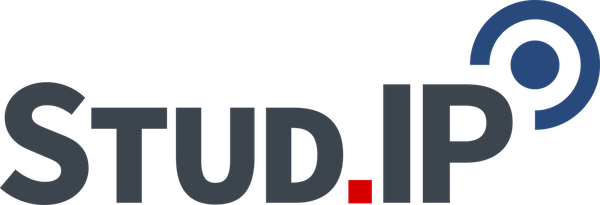TC: Postdigitality - Automation and AI in Teaching and Research
- https://www.uni-giessen.de/en/faculties/ggkgcsc/events/semesteroverview/sose2024/teaching-centre/tc_kuenstliche-intelligenz
- TC: Postdigitality - Automation and AI in Teaching and Research
- 2024-06-28T10:00:00+02:00
- 2024-06-28T15:30:00+02:00
Jun 28, 2024 from 10:00 to 03:30 (Europe/Berlin / UTC200)
Workshop Objectives
- Analyzing the digitization of research, reading, and writing processes
- Getting acquainted with and discussing generative AI programs
- Experimenting with and reflecting the use of ChatGPT for didactic formats and task arrangements in teaching
The widespread establishment of generative AI applications in the realm of language and image production (ChatGPT, DeepL, Craiyon, etc.) has destabilized traditional concepts of text, work, medium, authorship, and ownership. Within the educational context of higher education, this leads to the questions whether and how teaching, learning, and examination cultures need to change if scientific discourses lose their anthropocentric paradigm. This includes the observation that the genesis and negotiation of knowledge increasingly rely on partially or fully automated processes as well as human-machine interactions.
For several years, the term "postdigital" has been shaping these transformation processes: "The postdigital is hard to define; messy; unpredictable; digital and analog; technological and non-technological; biological and informational." (Jandrić 2018 et al., 895). Building on general considerations of transformations in a post digital society, the workshop engages with recent and emerging developments in the digitization of reading and writing processes and discusses the implications for scholarly work in teaching and research. The first part presents theoretical considerations on writing and reading, including developments in automation, hybridization, and networking in reading and writing (Lehnen/Steinhoff, forthcoming). In the second part, the handling and didactic value of AI programs (in this case: ChatGPT) will be explored and reflected upon through concrete examples and exercises.
Jandrić, Petar/Alison MacKenzie/Jeremy Knox (2022): Postdigital Research: Genealogies, Challenges, and Future Perspectives. In: Postdigital Science and Education o.S.
Lehnen, Katrin/Steinhoff, Torsten (i.Dr.): Digitales Lesen und Schreiben. Erscheint in: Androutsopoulos, Jannis/Vogel, F.riedemann (Hrsg.): Handbuch Sprache und digitale Kommunikation. Berlin/Boston: de Gruyter.
https://www.researchgate.net/publication/373923347_Lehnen_KatrinSteinhoff_Torsten_Digitales_Lesen_und_Schreiben_Erscheint_in_Androutsopoulos_JVogel_F_Hrsg_Handbuch_Sprache_und_digitale_Kommunikation_BerlinBoston_de_Gruyter_Preprint
|
|
Programme |
|
10.00 - 11.30 |
Postdigitality and AI: Theoretical Considerations on the Automation and Hybridization of Reading, Writing, and Communication Processes Lecture and Discussion |
|
11.30 - 13.00 |
ChatGPT Testing of didactic formats |
|
13.00 - 14.00 |
Lunchbreak |
|
14.00 - 15.30 |
AI-based writing arrangements in scholarly teaching Development, discussion, reflection |
Many offerings of the Teaching Centre can be credited as working units in the basic certificate “Kompetenz für professionelle Hochschullehre” (Competencies for Professional University Teaching) of the Hochschuldidaktisches Netzwerk Mittelhessen (HDM). For further information, please contact the HDM directly.
// Prof. Dr. Katrin Lehnen is a professor of German Studies at JLU teaching media and language didactics and currently member of the GGK Board of Directors.
Registration notice: Your registration is binding and commits you to full participation in the respective course. If you are not able to attend a course, please cancel your registration by email (and on StudIP) at least 7 days prior to the start of the course. You can find more information here.

